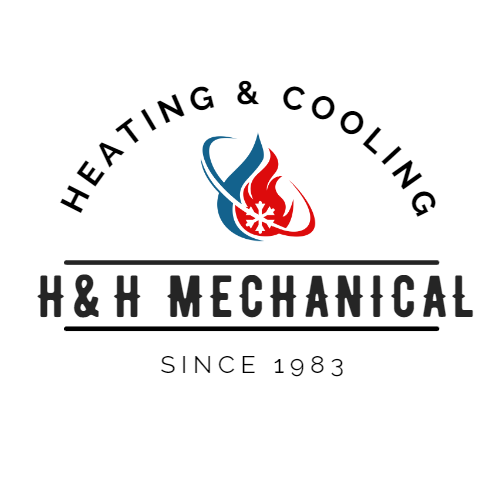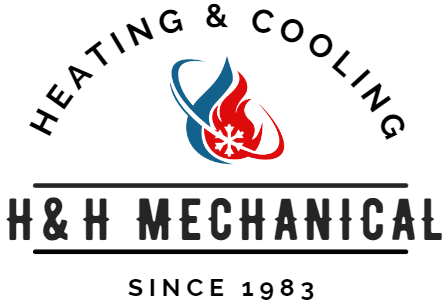Why You Might Not Change the Ductwork When Replacing Your HVAC System
When it comes time to replace your HVAC system, a question that frequently arises is whether the existing ductwork also needs to be replaced. Surprisingly, the answer isn't always a resounding yes. While it might seem logical to overhaul everything at once for efficiency's sake, several compelling reasons might sway your decision to retain the existing ductwork. Here's why:
1. Condition of Existing Ductwork
The primary consideration is the condition of your current ductwork. If it's in good shape, free from leaks, and not showing signs of significant wear like corrosion or damage, it can often remain in place. Quality ductwork can last decades if properly installed and maintained, meaning it might outlast an HVAC unit itself.
2. Cost Efficiency
Replacing ductwork is an extensive and sometimes invasive process that can significantly add to the overall cost of HVAC system replacement. If the current ductwork is still functional and efficient, keeping it can save you a substantial amount of money and time. It's all about balancing the cost versus benefits, and if the ductwork isn't contributing to energy loss or performance issues, the expenditure might not be justified.
3. Compatibility and Sizing
In many cases, the existing ductwork is perfectly compatible with the new HVAC unit. Proper sizing is critical for the efficiency of the HVAC system — if the ducts were correctly sized for the old unit, and the new unit is of a similar size and capacity, there's often no need for adjustment. However, significant changes in the size or type of HVAC system could warrant a reassessment and potential replacement of the ductwork.
4. Minimal Performance Gains
The performance boost from replacing ductwork might not be as significant as expected, particularly if your existing ducts are in good condition. The efficiency and functionality of your HVAC system depend largely on the unit itself, proper installation, and regular maintenance. While new ductwork can offer improvements, especially if the old system had issues, the marginal gains might not always justify the cost for systems already operating efficiently.
5. Environmental Considerations
Retaining existing ductwork can also be a more environmentally friendly option. By not replacing the ducts, you're reducing waste and the demand for new materials. This approach aligns with the principles of reducing, reusing, and recycling, contributing to a lower environmental impact.
Final Thoughts
Deciding not to replace the ductwork during an HVAC system upgrade isn't about cutting corners; it's about making an informed choice based on the condition, compatibility, and the potential cost and environmental impact. However, it's crucial to have your current system evaluated by a professional to ensure that keeping the existing ductwork is the best decision for your home's comfort and efficiency. Regular inspections and maintenance will keep your HVAC system, and its ductwork running smoothly for years to come, ensuring that when the time for replacement comes, you'll be ready to make the best choice for your home.
You might also like





